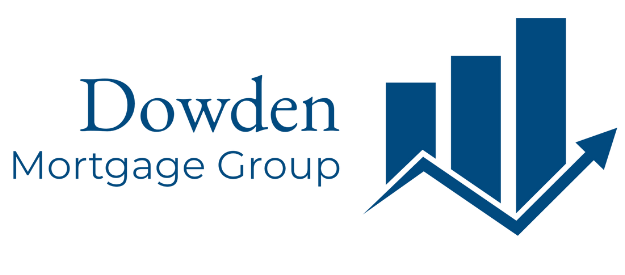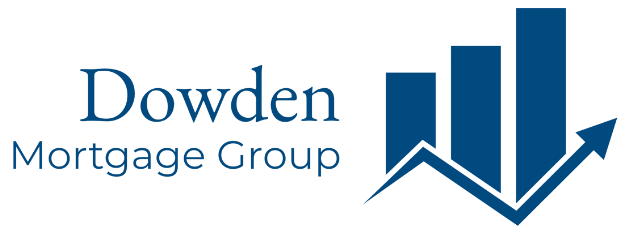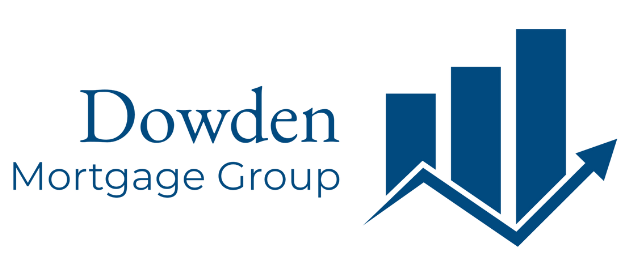This general information is NOT a substitution for the advice of an attorney, account, and/or financial planner. Before you decide to pursue a reverse mortgage, you should carefully consider your individual circumstances so you can make a wise decision about the most valuable asset you may own - your home. Factors to consider include whether the proposed reverse mortgage is a recourse or nonrecourse loan, whether the loan would have a fixed or adjustable interest rate, and/or the current and projected market value of your home. You are required to pay property taxes, carry homeowner’s insurance, or maintain the condition of your home, or your loan may become due and payable.
Factors to consider include:
• Whether the proposed reverse mortgage is a recourse or nonrecourse loan, whether the loan
would have a fixed or adjustable interest rate, and/or the current and projected market value of
your home.
• The amount you owe on a reverse mortgage grows over time. Interest is charged on the
outstanding balance and added to the amount you owe each month. That means your total debt
increases as the loan funds are advanced to you and interest on the loan accrues.
• Reverse mortgages can use up all or some of the equity in your home and leave fewer assets for
you and your heirs.
• Because you retain title to your home, you are responsible for property taxes, insurance, utilities,
fuel, maintenance, and other expenses. If you don’t pay property taxes, carry homeowner’s
insurance, or maintain the condition of your home, your loan may become due and payable.
• Interest on reverse mortgages is not deductible on income tax returns until the loan is paid off in
part or whole.
Information regarding risks of reverse mortgages:
• A reverse mortgage is a loan that must be repaid
• Circumstances under which payments or access to a line of credit may end or a consumer would
be required to repay a reverse mortgage during the consumer’s life (e.g., the borrower sells the
home)
• Foreclosure may occur if the consumer (1) lives somewhere other than the home longer than
allowed by the loan agreement; or (2) does not pay property taxes or insurance premiums
• Consumers must make payments for taxes and insurance during the term of the reverse mortgage
• Reverse mortgage costs may vary and less expensive options may be available
• A reverse mortgage may affect eligibility for some government programs. Specifically, SSI and
Medicaid may be affected.
• In order to retain the home when the reverse mortgage becomes due that (1) the consumer or
the consumer’s heirs or estate must pay the entire loan balance and (2) the balance may be
greater than the value of the consumer’s home.
At the conclusion of the term of the reverse mortgage loan contract, some or all of the equity in the
property that is the subject of the reverse mortgage no longer belongs to the person and the borrower
may need to sell or transfer the property to repay the proceeds of the reverse mortgage from the
proceeds of the sale or transfer or you must otherwise repay the reverse mortgage with interest from
other personal assets. In order to retain the home when the reverse mortgage becomes due that (1) the
consumer or the consumer’s heirs or estate must pay the entire loan balance and (2) the balance may be
greater than the value of the consumer’s home.
The consumer retains title to the property that is the subject of the reverse mortgage until the person sells or
transfers the property and is therefore responsible for paying property taxes, insurance, maintenance and related taxes. Failing to pay these amounts may cause the reverse mortgage loan to become due immediately and may subject the property to a tax lien or other encumbrance or to possible foreclosure. Interest on a reverse mortgage is not deductible from the consumer’s income tax return until the consumer repays all or part of the reverse mortgage loan.



